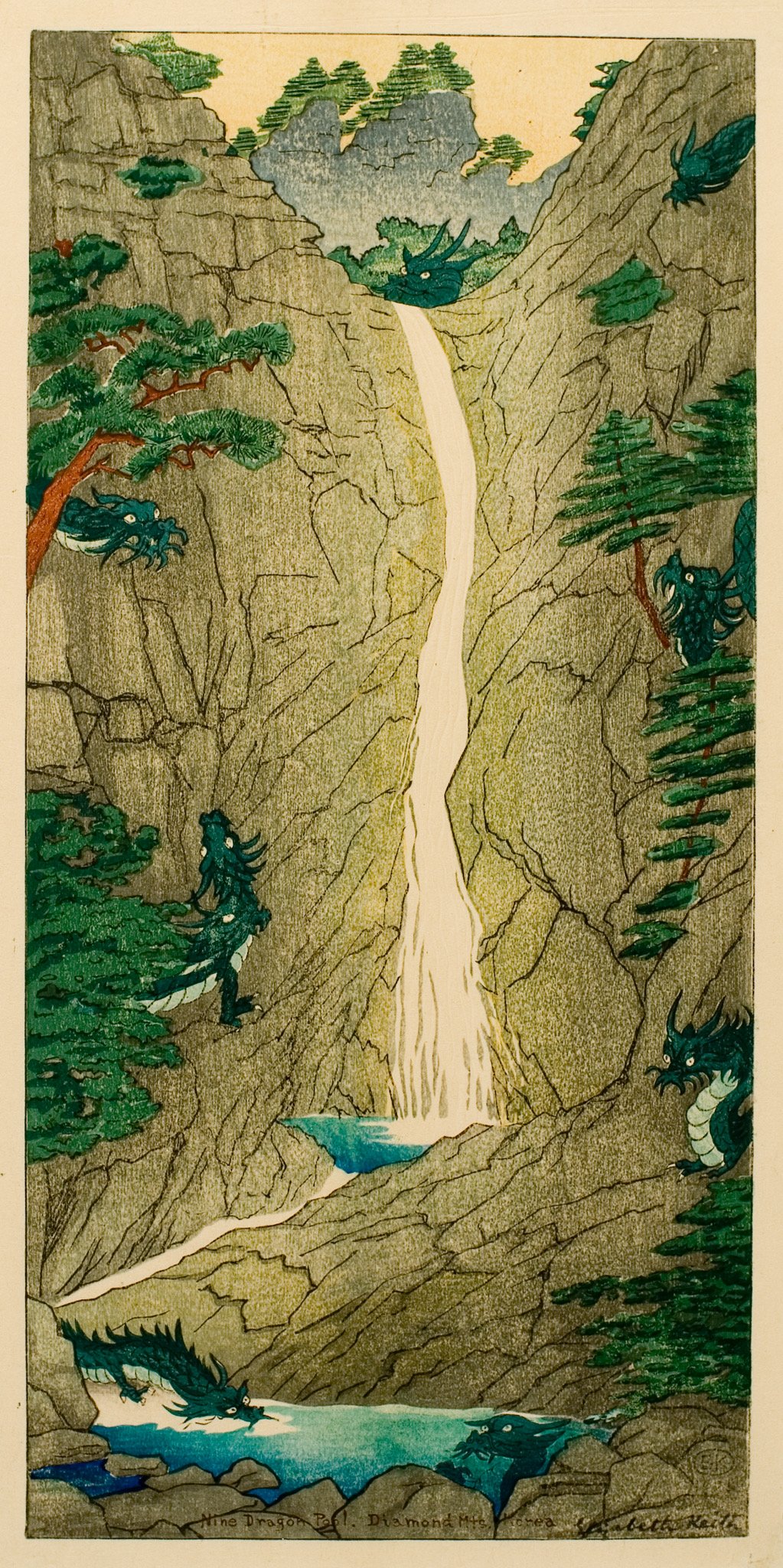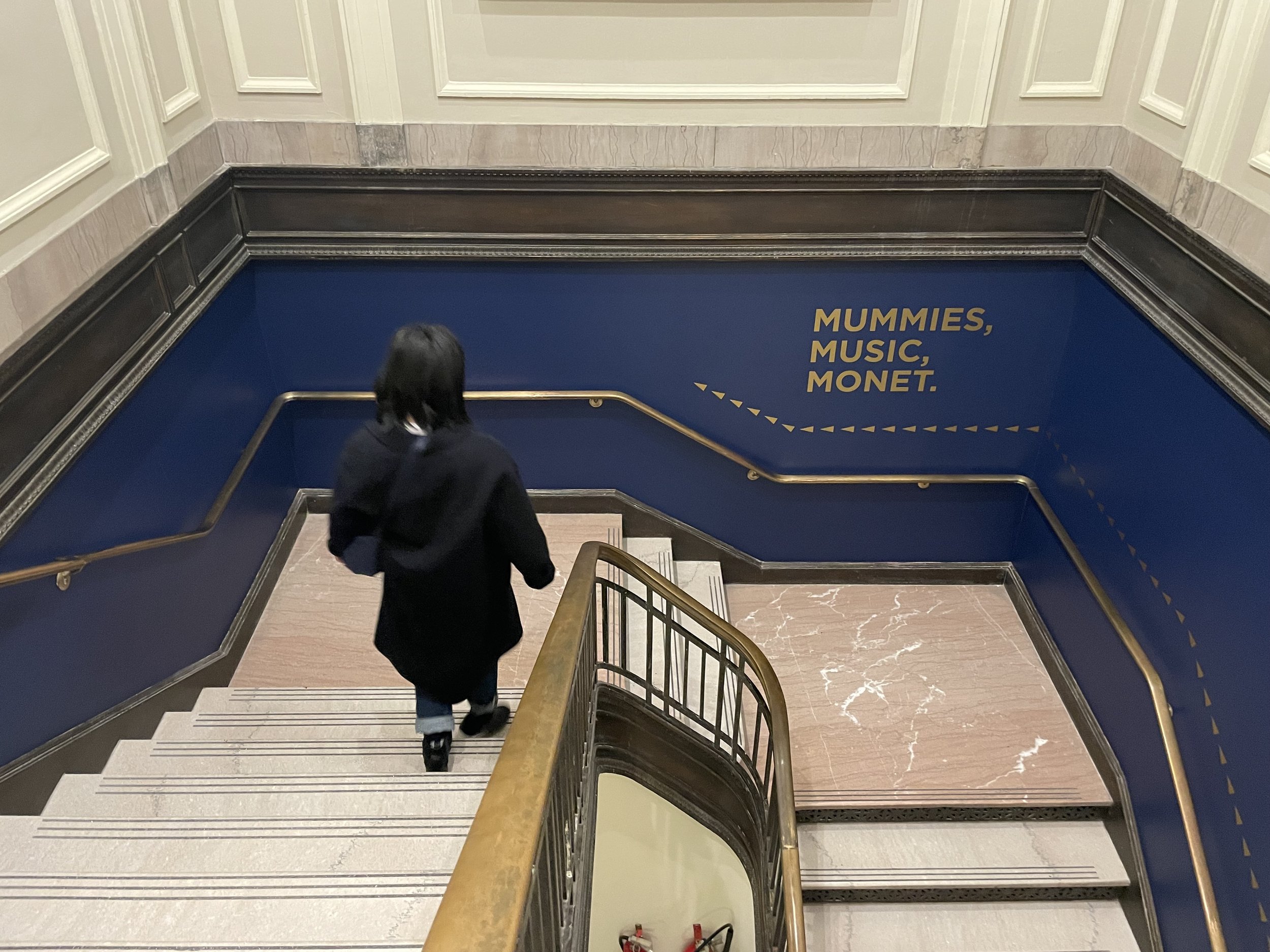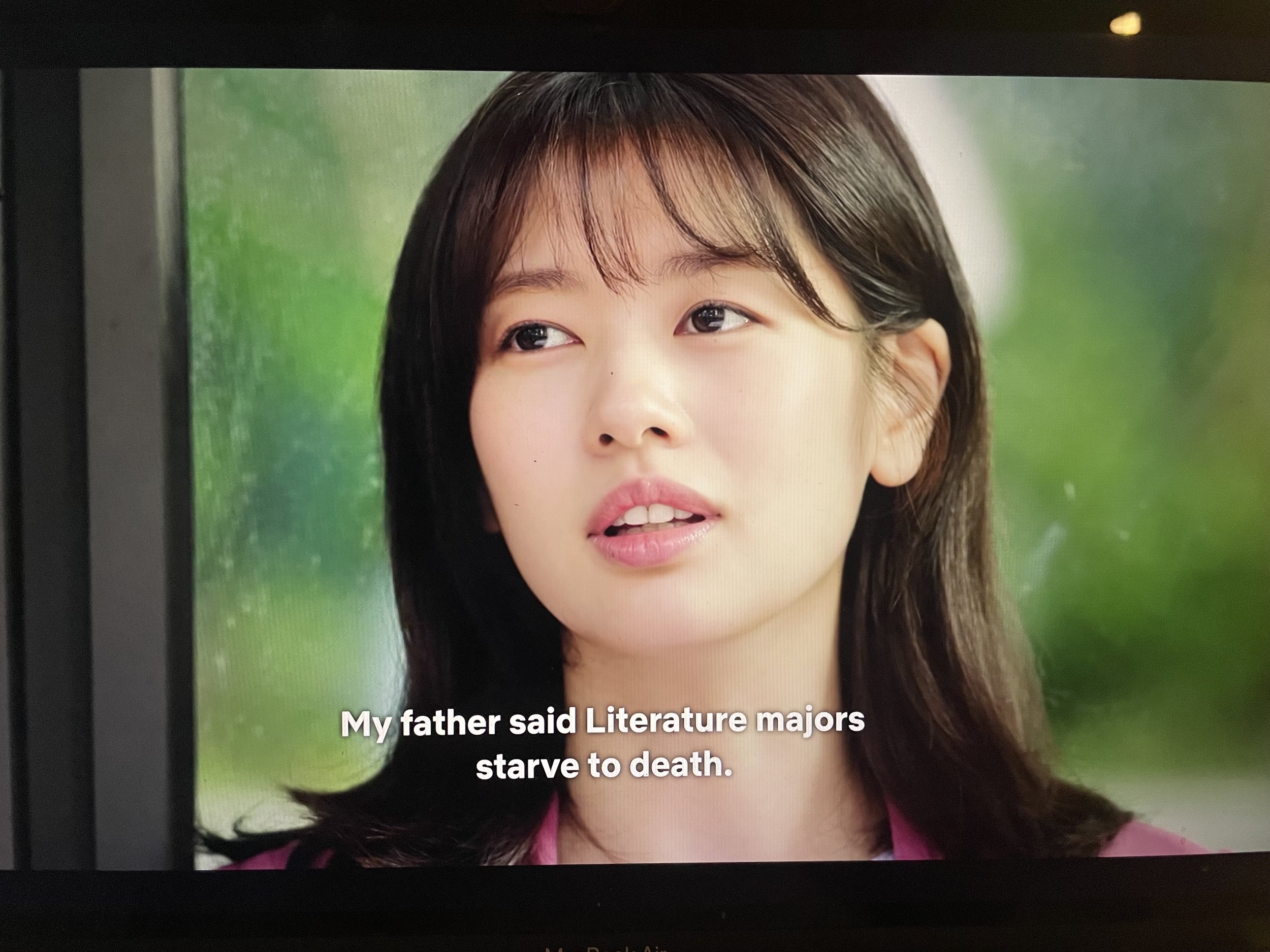My faves from a total of 70 books I read and recorded since March 2021. A summary in numbers: 28 novels; 25 nonfiction books; 6 essay collections; 3 short story collections; 2 ‘genre’ fiction (includes detective fiction, romance); 2 genre-bending hybrid books; 1 book of plays. 13 of the total were translated but not all were faves. 4 Korean, 2 Japanese, 2 Chinese, 2 Russian, 1 Indonesian, 1 Bosnian, and 1 Norwegian.
03/
An I Novel — Minae Mizumura, translated by Juliet Winters Carpenter
Mizumura fangirl 4 ever. And kudos to Carpeter’s translation for giving me access to Mizumura’s genius. Read her for her warm wit, elegance, trenchant social/cultural/class observations.
East Goes West — Younghill Kang
My mind wanders back to this incredible second novel by Kang daily, and what a shame it is this is still under-read, under-discussed, under-lauded. A masterpiece. Hilarious to boot. Will never forget the main character’s shenanigans, penniless earning his first meal in shadowy Chinatown by writing a poem, working as an extremely unsuccessful Bible salesman/ poor scholarship student in Boston, partying with East Villagers, learning New York ways from womanizer friend…
Inheritors — Asako Serizawa
Wrote about this web-of-stories collection for Electric Lit, who still haven’t paid me, ahem. (Update 1/3: They have.) Want to read more like this about Pacific WWII / about the responsibility of the storyteller. J’s recc.
Shoko’s Smile — Choi Eunyoung, translated by Sung Ryu
Made me cry. Makes me cry every time. Rooted in Korean socialist traditions. Feminist.
The Death of the Artist — William Deresiewicz
Depressingly accurate. Anxiety-inducing. Tammy moderated an event with him, an old Yale prof.
Everything You Know About Indians is Wrong — Paul Chaat Smith
Sassy, clear, and prophetic about today’s self-righteous, self-aggrandizing culture. On Native American Indians, activism, the silver screen. As they say, the more things change…
Square Haunting — Francesca Wade
Comfort lit for me. The writerly life can be so miserable, precarious, and unprofitable, financially. But many of these writers, eg Dorothy Sayers, felt it too.
04/
Shuggie Bain — Douglas Stuart
I FUCKING LOVE THIS BOOK. Also neat to see he published his debut in his 40s, and what a marvel it is. Glesga. The colors! The colors!
Migritude — Shailja Patel
Read this genre-bending hybrid poem, prose book last year, but I reread it again and again and again this year. Kenyan Indian heritage. Rage against what the British did. Another one, like East Goes West, that haunts me. Kudos to L for lending me her copy unprompted.
05/
In Memory of Memory — Maria Stepanova, translated by Sasha Dugdale
Started but not finished. But the first third is beautiful. Thoughts on photography, memory, and personal history to savor slowly.
The Membranes — Taiwei Chi, translated by Ari Larissa Heinrich
Unlike anything I’d ever read. Zany, futuristic, unpredictable. Written in the 90s but v perspicacious.
06-07/
Interior Chinatown — Charles Yu
I laughed (many many many times), I cried (especially at the scene of his father singing karaoke alone), I laughed. Can’t recommend highly enough. Plus, I think it’s good for schools too.
I’m Waiting for You — Kim Boyoung, translated by Sophie Bowman & Sung Ryu
I cried A LOT.
The Citadel — AJ Cronin
Dad’s (a physician’s) recommendation. Even though it’s written & set circa the 1920s, I hard relate with the main character. (At least as an upstart in the beginning, hopefully, not when he sells out near the middle/end.) Entertaining and deadpan humor. With vivid, grim depictions of poor health conditions and health education throughout Wales and England, Cronin’s novel is said to have inspired the founding of the British National Health Service.
Parable of the Sower — Octavia Butler
Grim. Good. Page-turner. Post-apocalyptic fiction set in California.
Eat a Peach — David Chang
My reading turned to a lot of mental health books… Literally everyone within the NY Korean community, church members, my ex’s ex, and their mom know that Chang is kind of a dick. This memoir doesn’t excuse his behavior, but it’s about his Manic Depression/ Bipolar Disorder, which explains some of it. Recc from M.
Obsessed — Allison Britz
Free copy from A. Really clear-eyed, painful and vivid memoir about Obsessive-Compulsive Disorder. Highly recommend to anyone who’s trying to grasp this mental illness.
09/
This is Major — Shayla Lawson
Fantastic essay collection. Kindred spirit. Learned a lot.
10/
Happy for You — Claire Stanford
Funnyyyyyyyy
Intimacies — Katie Kitamura
Saba’s recc. So much to chew on in its depiction of the complicity of the translator. A lot of me nodding along to the book, YES, YES, THIS IS WHAT I’M SAYING.
11/
The Memory Police — Yoko Ogawa, translated by Stephen Snyder
Utterly moving, thoughtful, compelling. What are we if not our memories? I loved Yoko Ogawa’s The Professor and the Housekeeper, so I was not disappointed by this one. I’d love to see it made into a film. US jacket copy picks up on its police state themes, but there’s stuff about built-in obsolescence, memory loss, dementia, time passing… and more.
Words From a Master — Bruce Lee, edited by John R Little
Managed to watch a Bruce Lee film for the first time in my 31 years on this planet, which, how? you ask? I lived under an evangelical Christian rock for most of my childhood, so. Anyway, HE IS A LEGEND. Kungfu = 공부
Craft of Interviewing — John Brady
One of those ‘how to get people to do what you want’ kinds of books. Somewhat dated but a few useful nuggets. He’s a leeetle too into Oriana Fallaci.
Craft of the Screenwriter — John Brady
Lots of parallels btw the American screenwriter and the literary translators these days. Professionalizing, organizing as a coherent unit re: pay, etc. (Personally, I find the sanctimonious elite-educated/ white translators screeching on Twit about how they’re victims somewhere btw irritating and evil.) Really, really great fun to hear the likes of William Goldman, Paddy Chayefskey, Neil Simon talk shop and scripts and scenes and dialogue and the enormous machinery of Hollywood filmmaking v plainly.
Ogilvy on Advertising in the Digital Age — Miles Young
A useful textbook. The poor digital comms person. Things were so much easier in the 80s when you just stuck an ad in the paper.
12/
The World-Ending Fire: The Essential Wendell Berry — Wendell Berry, edited by Paul Kingsnorth
Essays from a Kentucky farmer-poet/Christian/socialist on the land, the insane demands of capitalism, and more.
My Heart — Semezdin Mehmedinovic, translated by Celia Hawkesworth
Melancholic, impressionistic, profound. I’m always naturally drawn to writers from the former Communist/Soviet bloc probably bc Korea has much in common as a casualty from the Cold War… But I knew so little about Bosnia’s war/genocide, and Mehmedinovic’s work gets at it w a light touch… Part illness memoir (heart attack, stroke) and part road novel… Some really beautiful meditations
Waste: One Woman’s Fight Against America’s Dirty Secret — Catherine Coleman Flowers
Inspiring, clear and tireless. Criminal lack of public sanitation and waste management in Lowndes County, GA. Hookworm is here. Flowers is so impressive, but I can’t help wondering what good is it parading a revolving cast of Hollywood and DC through trailers surrounded by moats of human waste in the end when Pam dies of COVID and nothing has changed… But I guess this is the point too. The work of justice is maddeningly, tragically slow.














